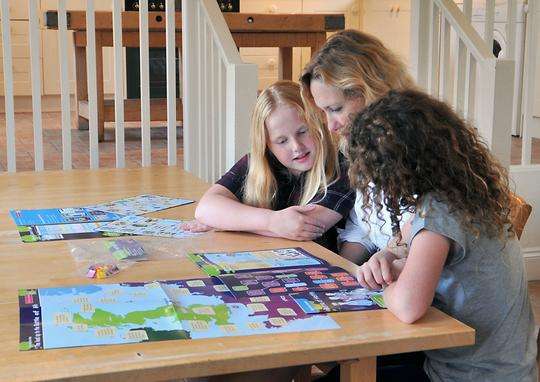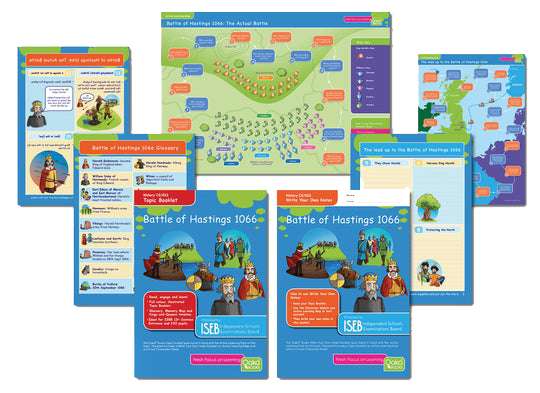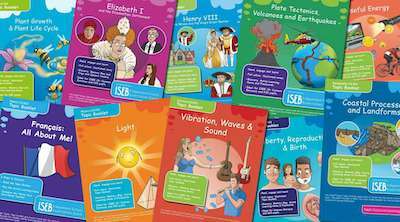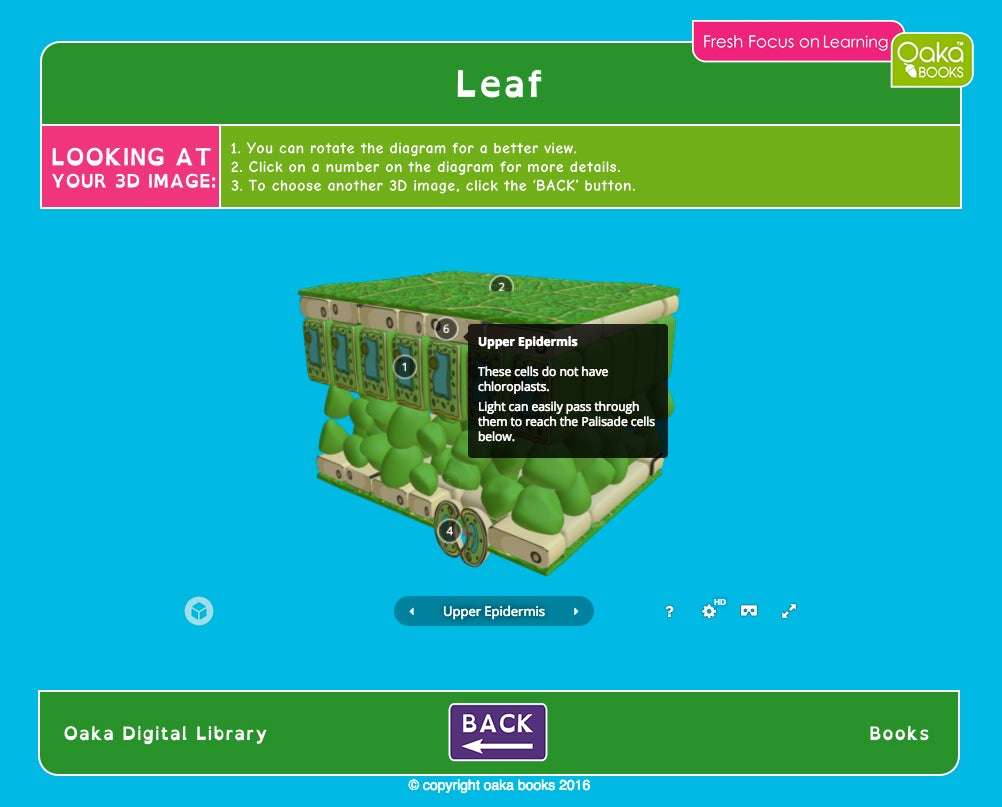Several years ago, Richard Bailey, Professor of Pedagogy at Roehampton University undertook a review of benefits of physical education and sport in schools (2006). His study included data from a Council of Europe report that suggested that sport enables children to meet and communicate, take on different roles, learn social skills, tolerance, respect, cohesion and cooperation. These are a whole range of essential emotions not available in the rest of their life experiences and are certainly not learned effectively in a classroom. That still holds true.
Sport can have a huge impact on children in their early years. This can be even more acute in our SEN children. They will, without doubt, have a variety of skills. For many of them, the sports field will be the one place they can shine. The earlier this can be supported and encouraged, the better. I know, from personal experience with my dyslexic daughter, that the chance to be one of the best when she played sport as a young girl was the only protection for her fragile confidence.
So, how to help our children improve and gain confidence? All of these studies conclude that the positive effect of sports in school is largely down to its management by committed, trained teachers and supportive, informed parents.
That’s why we partnered with Kevin Smith, ex-Sussex County Cricketer and Director of Sport at Westbourne House School, to put together our Sports Confidence booklet.
This little booklet covers the basic skills needed to be learned by young children to help them to progress in early school or club sports. The booklet can be used by non-sports teachers, parents and even by the children themselves to ensure that key skills are learned correctly.
Your pupils can enjoy all the benefits of sports within your school environment, even if you don’t have trained sports coaches on hand. As a parent, you may know lots about some sports and very little about others. You may know nothing at all but can see the benefits of sport for your child’s development. Our Sports Confidence booklet will help you get out there with your children using the right skills to practise with a football, hockey stick, tennis racquet, netball or basketball so they are ready for club or school sports.
This is not all about children becoming great sports people. Children who have not been able to acquire a broad range of motor skills early in life are more likely to be excluded from participation in both sports and play experiences with their friends. Sadly, few children want the person who cannot throw or catch a ball on their team, do they? So, sport really does affect children’s lives from a very early age.
Several sports studies conclude that sports activities at school generally produced positive results, especially for younger children, improving moral reasoning, understanding of fair play and personal responsibility. Three large scale studies in recent years also found that academic performance is enhanced by an increase in student levels of physical education and sports, even if this means a reduction in academic study time.
So, sport really can impact on our children’s learning!
The Oaka Sports Confidence booklet is available now priced just £5.97 and can be purchased here.





